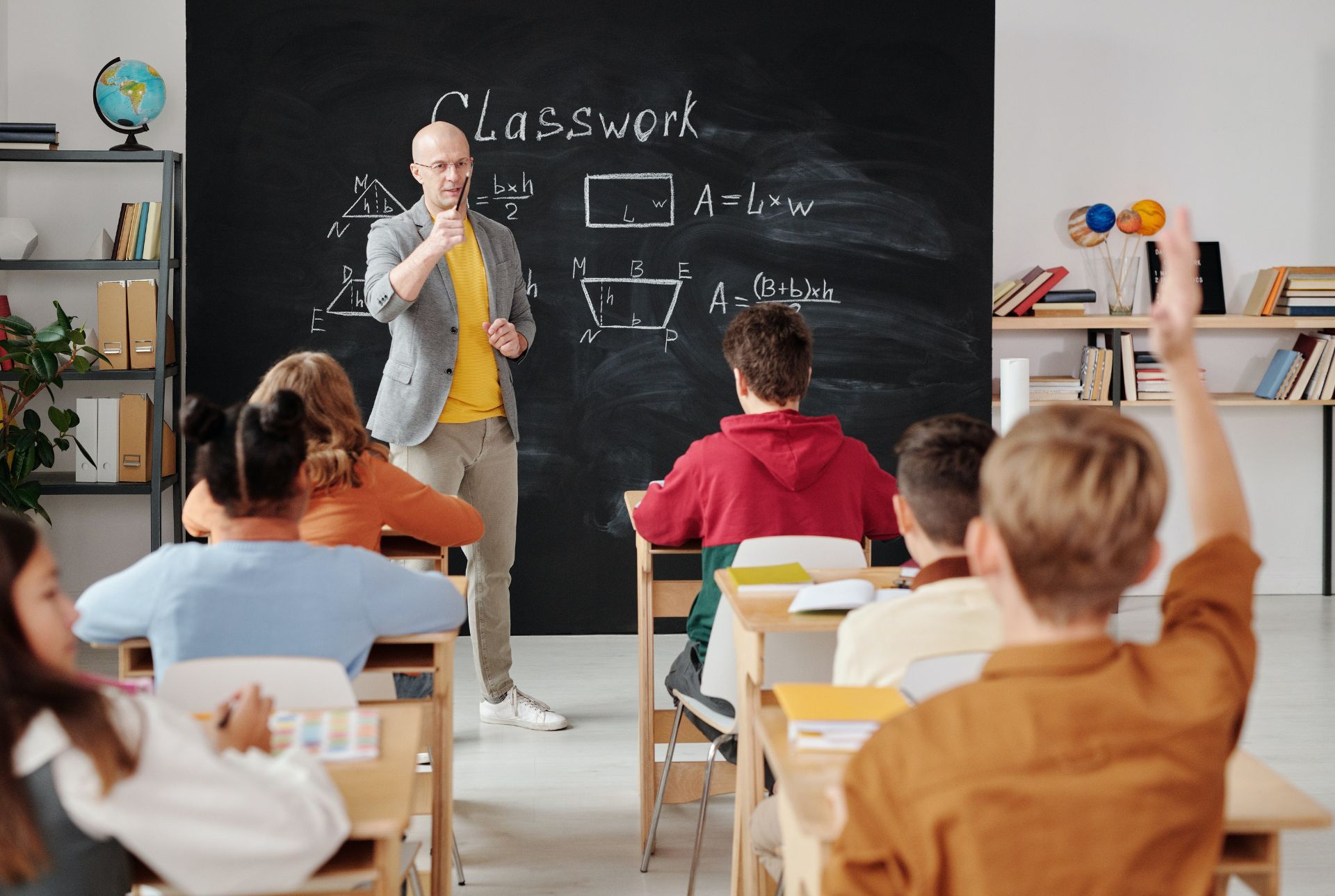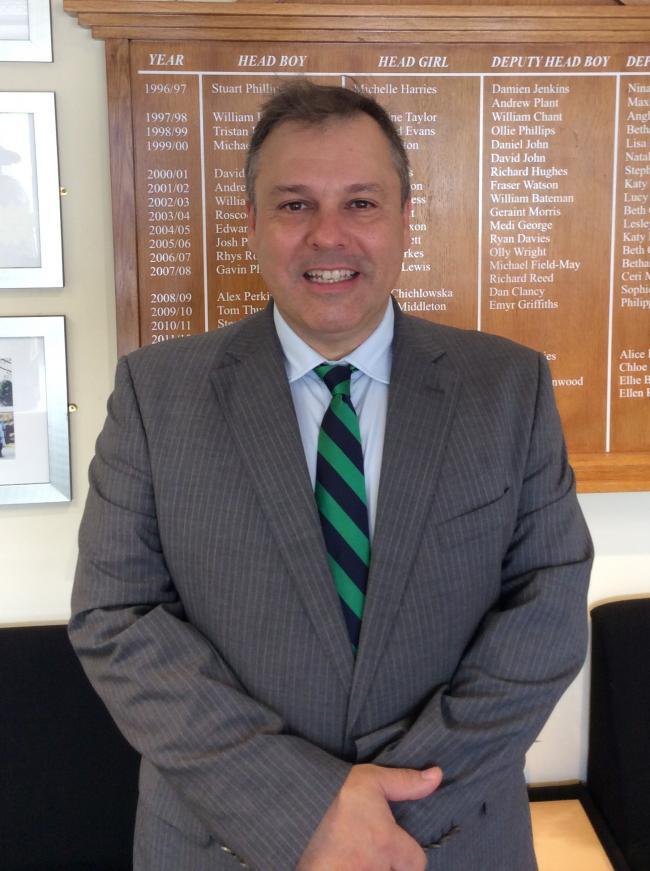How a school in Wales is benefiting from mindfulness
Feb 03, 2022 — Paul Billington
Mindfulness and meditation as tools to cope with the complex challenges we face in life have grown in popularity over the last decade. In the UK, we are even seeing this presented as a form of therapy, now being prescribed by the NHS.
Many of the benefits of mindfulness are well known with studies exploring how it can reduce anxiety, stress and improve mood. An area of interest to many in the educational world has been how meditation and mindfulness could benefit children and young people with neurodiversity or dysregulated behaviors. In a study led by Julia Basso, researchers found that ‘daily 13-min meditation resulted in … enhanced attention, working memory and recognition memory’.
We know from sources such as the World Health Organisation that around 1 in 4 secondary school-age children will have mental health problems at some time and that around 75% of mental health disorders emerge during the teenage years. So how are schools approaching this?
Organizations such as Mindfulness in Schools Project (MISP) are supporting school leaders to make mindfulness a part of everyday school life - as common as a Maths or English lesson. One such school which is working with MISP is Ysgol Penrhyn Dewi in Pembrokeshire, Wales. Back in 2014 the school implemented the ‘Be Programme’, where pupils and staff are encouraged to ‘stop, breathe and be’.
I spoke to David Haynes, the headteacher, about how it has impacted the school.

David Haynes
Can you tell us a little bit about your school and the program?
Back in 2014 Ysgol Dewi Sant was a secondary school on the St David’s Peninsula. In 2018 we merged with the local feeder primary schools to become Ysgol Penrhyn Dewi, a 3-16 Church in Wales school spread over 3 campuses.
Mindfulness is at the heart of our school. We deliver the Hawn Foundation’s MindUP program; the aim of which is to ‘foster social and emotional awareness, enhance psychological well-being, and promote academic success’. The MindUP classroom is an optimistic classroom that promotes and develops mindful attention to oneself and others, tolerance of differences and the capacity of each member of the community to grow as a human being and a learner. Pupils learn about the brain and how it functions, gaining an insight into their own minds and behaviors, as well as those of the people around them.
What inspired you to explore mindfulness with your school?
2014 was a really tough time for us at school. I had only joined the school’s leadership team a few weeks before an inspection. We were put into a category called ‘in need of significant improvement’ and if we didn’t make some radical changes to school life we were at risk of closure. I, and the new leadership team, felt as though staff and pupils alike would benefit from focusing on enhancing wellbeing after experiencing such turmoil and unrest.
I was really lucky in that I had a great assistant headteacher for inclusion who was really passionate about developing a whole school approach to mindfulness. We started training our staff on a rolling program to lead mindfulness activities in their classrooms; we start all our whole school assemblies by sharing a moment of collective mindfulness and we build in ‘brain breaks’ after break times and lunchtimes. Across the primary phase, we are using paws.be and we are furthering our commitment to mindfulness in the crucial exam years with a bespoke program for all pupils going through external exams.
What benefits did you notice as a result of using this?
Relatively quickly pupils were reporting increased confidence and focus and reduced anxiety, it seemed to really help pupils who were neurodiverse too helping them to settle and focus. School became a calmer and therefore more inclusive place - using the ‘brain breaks’ as a way of beginning lessons allowed pupils to settle and leave the rush and noise of the yard behind. Taking that minute or two to use our meditation chime and mantra or script also really helped us as teachers. We felt more centered and ready to focus on the lesson ahead with the pupils.
There is nothing more stressful for pupils and teachers alike than a noisy, unsettled start to a lesson- so what is better - shouting ‘quiet’ at the top of your voice or building in regular routines such as this?
How did the mindfulness practice impact the school community? Did it help to support a feeling of inclusion with staff and pupils sharing in the process together?
Absolutely, mindfulness brings us together daily. Pupils get to see us not only modeling strategies and approaches that will help them cope in life, but they also get to see that we value them. In that moment we are all together sharing in a simple act that helps us all. Pupils see that we as teachers struggle too and that taking a moment to be or breathe is really important.
It has also really helped us to live and breathe our school values, teaching the children to be tolerant of our differences and valuing our role as part of a bigger community or family.
Do you have any advice for schools looking to develop mindful practice?
Yes, I would say that given everything that schools and pupils have been through over the last 2 years that mindfulness can really support us to recover not just the lost learning but the lost connections. With pressure on CAMHs and mental health services increasing, and resources being cut taking a proactive approach to mental health is crucial. Not only that but we have pupils sitting external high stakes exams when they have no experience of this. We have pupils and staff who have huge anxiety about returning to ‘normal’ life and so strategies and mindful approaches have a huge amount to offer here. The Mindfulness in Schools Project would be a great place to start - I know that they have certainly helped us.
…
On a personal level, I have sometimes used mindfulness as a way of slowing down my overactive mind a little, to try and be present and considerate rather than reactionary. Hearing how the practice can help children and young adults in education, helping to maintain good mental health, stimulate an appreciation of others, and having an appreciable effect on neurodiversity feels like one more step in developing new methods of strengthening our children’s tools for living.
(The author would like to thank David Haynes and Cathryn Billington-Richards for their assistance with this post).
(n.d.).
Basso, J. C., McHale, A., Ende, V., Oberlin, D. J., & Suzuki, W. A. (n.d.). Brief, daily meditation enhances attention, memory, mood, and emotional regulation in non-experienced meditators. Behavioural Brain Research, 356, 208–220. Retrieved 12 1, 2021
